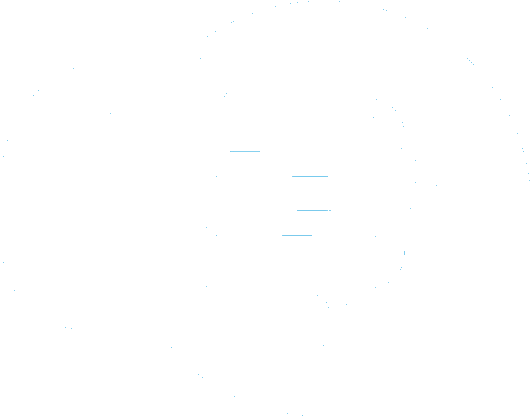Science
At Lingham Primary School we want our curriculum to inspire our learners and foster a real love of learning. Through our Science curriculum we want to inspire pupils’ curiosity of the world around them. We believe all pupils should be taught about the role that science plays in positive advancements, as well as scientific knowledge, methods and processes.
With these aims in mind, we have created an innovative, fully emcompassing curriculum that builds upon the core fundamentals of Science (Biology, Physics and Chemistry) as well as being able to successfully work scientifically. Science is taught through clear, progressive units (developed alongside the Developing Experts scheme) with clear skill and knowledge progression running throughout (see ‘Overviews’ below for further information). Our chosen units explicitly cover the 2014 National Curriculum and further science opportunties are available to our pupils through an annual ‘Science Week’.
We are confident that our chosen curriculum provides a high quality science education to enable our pupils to gain a coherent knowledge and learn skills to be able to work scientifically (through practical investigation, observation and application skills, enquiry and research). Learning takes place both inside and outside the classroom to maximise the opportunities to make links to the ever changing world around us.
Why is Science important at Lingham Primary School?
Science is an important and valued subject because it is highly relevant as well as being an integral part of daily life, from cooking and checking the weather, to recycling and nature walks. Through science, our lives are changed for the better. We believe all pupils should be taught about the role that science plays in positive advancements, as well as scientific knowledge, methods and processes. Advances in science are continuing to transform our world at lightning speed and we need to do our best to prepare our pupils for a future we can only imagine.
When is Science taught?
Science is taught weekly through carefully planned units which mirror the National Curriculum. The attached overviews map out which units feature throughout the year and the Long-Term Plan gives a clear outline of the objectives taught.
How is Science taught?
Science is taught with a focus on working scientifically (practical investigation, observation and application skills, enquiry and research). Clear objectives (taken from the National Curriculum) specify the taught subject knowledge available to pupils using our progressive scheme, Developing Experts. Science is taught with a focus on substantive and disciplinary knowledge and aims to build on the learning from previous year groups. This is carefully taught through weekly retrieval activities at the beginning of each lesson (see Intent, Implementation and Impact document for further details and examples).
What do we learn about in Science?
We learn about:-
Plants
Animals, including humans
Materials
Seasonal changes
Living things and their habitats
Light
Forces and magnets
Sound
Electricity
Earth and space
Evolution and inheritance
Rocks
States of matter
How do we assess and monitor Science?
We ensure that the planned curriculum has been taught and understood by our pupils in the following ways:
At different points throughout a unit of work, the teacher may use assessment activities such as a topic quiz, a mind map or a class discussion. This formative assessment helps teachers to identify which elements of the unit of work are well developed and which may need further reinforcement. Knowledge builders and opportunities for recapping of previous year groups’ learning are included at the start of each lesson. At the end of a unit, teachers will use an end of unit test (which may be in the form of an online Kahoot Quiz) to assess the pupils’ knowledge and understanding of the concepts and vocabulary taught throughout the unit. Overall, assessment is recorded on Target Tracker in line with school expectations and gaps in knowledge are re-visited in future topics. To help embed knowledge, our curriculum makes meaningful links to other curriculum areas. Staff in all year groups have a clear understanding of the curriculum that came before as well as those objectives which come after their year group in order to assess prior learning and identify any misconceptions or gaps in learning for specific groups of children. The subject leader, alongside SLT, will conduct activities across the year to monitor the impact of our Science curriculum and gather pupil voice. These activities will include looking at pupils’ work, spending time in lessons, to get a feel for what it’s like to be a pupil learning Science in the class, speaking with pupils about their scientific understanding and about how their teacher helps them to develop their skills and remember content. There will also be discussions with the teachers delivering the lesson to allow reflection on their teaching. The aim of these activities is to build up a connected view of how well the curriculum is learned by our pupils. This information, along with the data for Science, is collected in a ‘Subject Impact’ document which is shared with stakeholders. These activities enable us to evaluate the overall effectiveness of our Science Curriculum, and making improvements as appropriate, so that pupils leave ready for the curriculum at Key Stage 3 and for life as an adult in the wider world.
For more information about how we teach Science at Lingham Primary School, please explore the files below.

